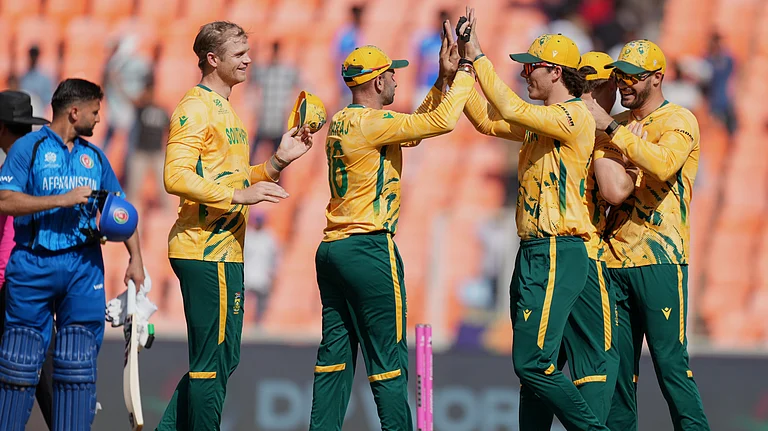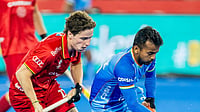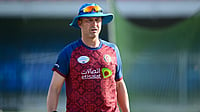Parents of eight students who have approached the High Court of Karnataka against imposing Kannada as a mandatory subject for students in CBSE and ICSE board schools, filed details of their wards and the schools in a sealed envelope before the division bench.
During the arguments, the bench of Chief Justice Prasanna B Varale and Justice Krishna S Dixit on Thursday called for caution while making comments on the issue.
“There is some valid point that somebody who takes education in the regional language and in the State language is not to be treated as incompetent. He can also be very successful. At least for myself I can say, I learnt in the regional language, it was never a hurdle for me.
"These are the issues; we have to consider the legal aspects of it. At the same time, persons who are occupying high posts should show some constraints,” Chief Justice Prasanna B Varale orally observed.
A total of 20 parents had approached the HC contending that the Kannada Language Learning Act, 2015, the Kannada Language Learning Rules, 2017 and the Karnataka Educational Institutions (Issue of No Objection Certificate and Control) Rules, 2022, were contradictory and had illegally imposed Kannada as a compulsory subject even in CBSE and ICSE schools.
Out of these, the HC rejected the petitions of eight petitioners after finding that they were teachers who had lost their jobs and they could not be part of a public interest litigation on the same issue.
By an order dated September 13 this year, the HC had ordered that “The remaining petitioners shall provide details of their wards and details of the schools in which they are studying and the course pursued by them. The details shall be furnished to the court by the next date of hearing.”
On Thursday, the details of the remaining petitioners except four of them were presented to the court in a sealed envelope.
The petitioner’s counsel submitted that the information was provided in a sealed envelope because “there have been some instances where the children have faced some persecution in their schools. Right to privacy includes the right to be forgotten. These minor children do not want to be part of the court records.”
He also submitted that “the same sealed envelope would be given to the Government advocate with the request to maintain its confidentiality.”
The HC said the parents's apprehension that they will be prosecuted is unjustified, as they are not the first parents to challenge such an issue in court, and there have been similar cases in other states.
“If the children are so delicate, how will they face life in future? I am sorry to say you are making your children timid. There are so many challenges in life, so many adversities in life, life may be very cruel. Life may test everything, your patience, skill, experience,” the court observed.
However, the court accepted the details in the sealed envelope and adjourned the hearing by three weeks, granting two weeks for the remaining four petitioners to submit the details of their children.
"The counsel submits that only to protect the privacy of the wards, the petitioner is undertaking this exercise of providing this information in a sealed cover. The counsel for the petitioner is further fair in submitting before this court, the information can be shared with the government advocate so that necessary instructions can be obtained,” the court recorded in its daily orders.


























